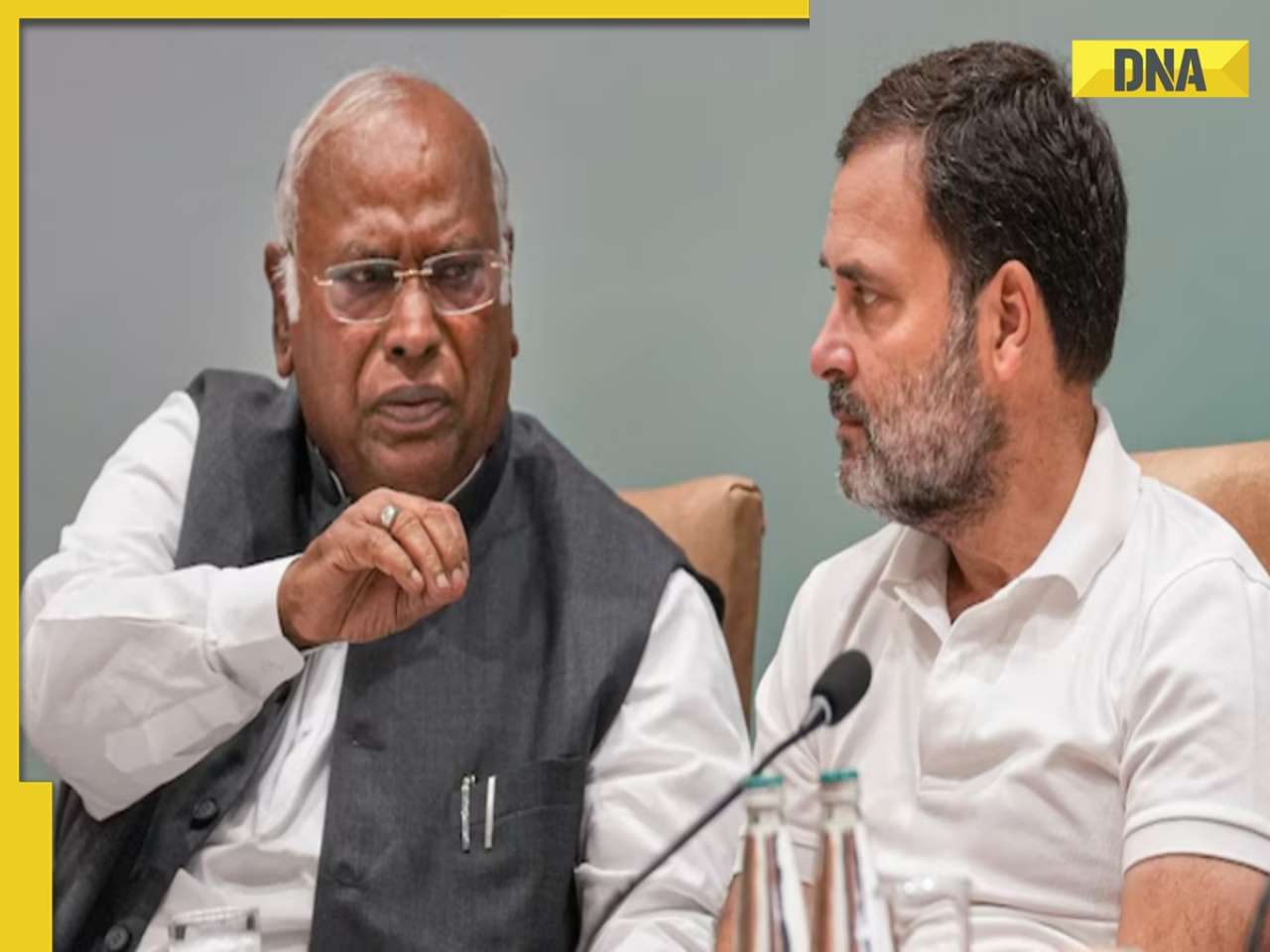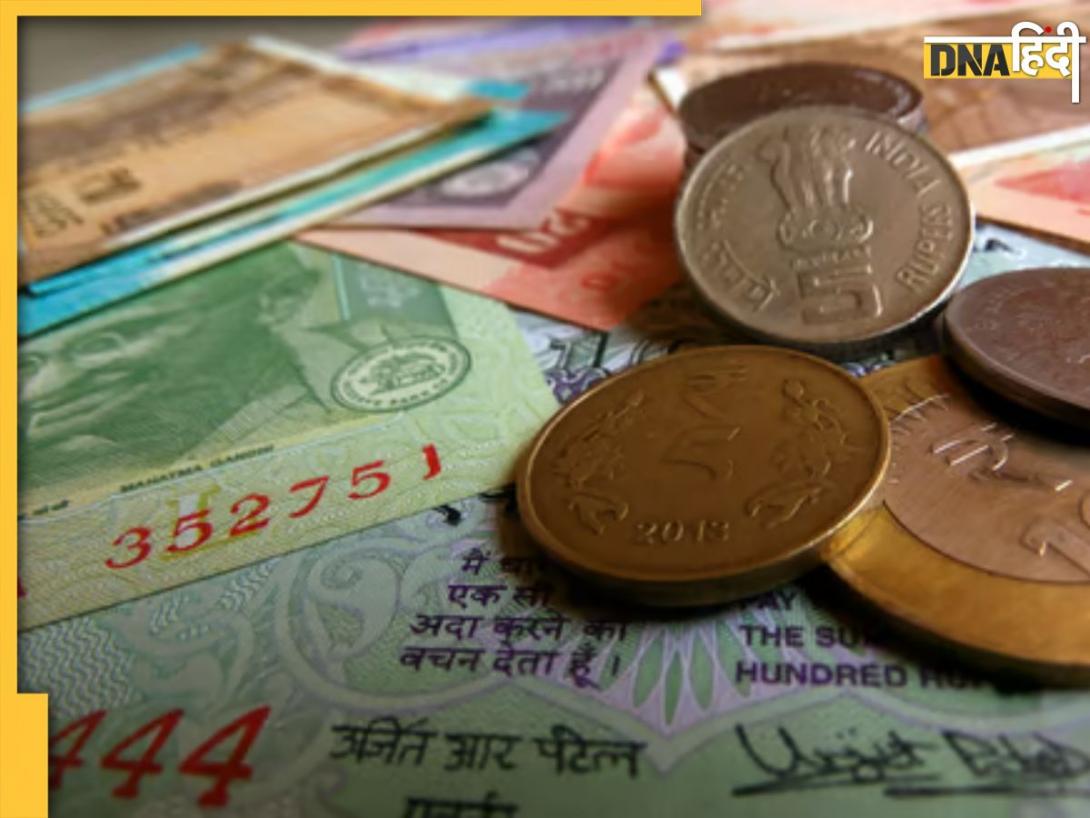- LATEST
- WEBSTORY
- TRENDING
ANALYSIS
British Raj and the power of Salt Satyagraha
The movement shook the foundations of the Empire
TRENDING NOW
Perhaps the signature event of Mahatma Gandhi’s agitations in the 1930 Salt Satyagraha was notifying the Viceroy that he would break the law by walking to the salt farms, picking up salt and inspiring millions to similarly defy the Empire’s salt regime. Besides the Empire coldly planting its flag on a very essential good, salt in colonial India had a dark history, indicative of the way India was drained. The genius of Gandhiji was in making statements that resonated with the core of Indian suffering — even the most wretched would understand the cause of salt.
Historically, India’s major salt-producing regions were Odisha, Gujarat, and Punjab. High-quality sea salt made in Odisha by the Malangi castes was preferred by most, resulting in a major inland trade. Salt taxes in India were always low, but the volume of trade made profits possible. Before their rise, even the East India Company traded in Odisha salt for munitions manufacturing. Coinciding with its rise after Plassey, Britain had increased commercial salt production and needed foreign markets. However, they could not compete with Odisha salt, neither in price nor in quality. When the company offered to buy all the salt made in Odisha, the Marathas declined as they understood the British would slowly eliminate it from the market. In retaliation, the company banned Odisha salt in their territories. The Bengal-Odisha border was a porous one, and a salt-smuggling operation grew overnight: British salt continued to lag behind. In 1803, the Company annexed Odisha in the Maratha War, and private production and salt trade were banned.
Malangis originally worked under zamindars who made good profits in the salt trade. Post-conquest, the British assumed leadership and advanced money to the Malangis against future production. However, low wages and production targets made repayment difficult, driving Malangis into bonded labour. The zamindars and Malangis soon indulged in contraband salt and the British responded mercilessly. In the 1817 Paik rebellion, the Malangis also rebelled. Though the uprising failed, the underground trade continued. To put an end to this, the company established customs checkpoints throughout the border. Soon, a ‘Customs Line’ grew around Bengal and Bihar.
Corruption and smuggling persisted, and the company constructed a tall thorn hedge on the border. The hedge upgraded into a thick artificial forest, impenetrable, except for guarded gateways. This physical customs line soon grew 4,000-km long, extending from the Himalayas to Odisha. This wall helped the enforcement of the salt regime, and prevented the free movement of native traders. It was abandoned in the 1880s only after the British established total control over the trade.
In 1804, English salt merchants lobbied the Parliament to undermine Indian salt. The British ruled that the Odisha salt was ‘inferior in quality’. They also lowered the wages periodically. The price competitiveness and the quality of British salt kept growing and in 1864, duties on domestic and imported salt were equalised. As a result, the local salt industry could not compete anymore. The government instructed their officials to end salt manufacturing in Odisha and thousands became destitute. After the 1866 famine, the Malangis left their homeland seeking menial jobs in cities. However, the salt industry in Gujarat grew due to better access to the Capital and the alignment of native and British interests. Voices rose in support of Odisha and its salt workers, and against the heavy salt tax instituted in 1878. This tax was doubled amid uproar in 1927. The British refused to lower salt tax as this was the only revenue they effectively collected from the poor. By 1929, the public mood had worsened; it was at this juncture that Gandhiji adopted the cause.
Though the Satyagraha took place in Gujarat, Odisha joined in. The issue resonated all over India and the British executed severe reprisals — including massacring 70 protesters in Peshawar. The Gandhi-Irwin pact that followed was a mutual compromise: The salt tax continued, but coastal communities could make salt for their own consumption. The British compromise also showed the power of mass agitations and invigorated the freedom movement. However, despite efforts, the weight of colonial history prevented Odisha from ever being the leading salt producer of India.
The author works in the power and energy sector







)
)
)
)
)
)
)
)
)
)
)
)
)
)
)
)

























































